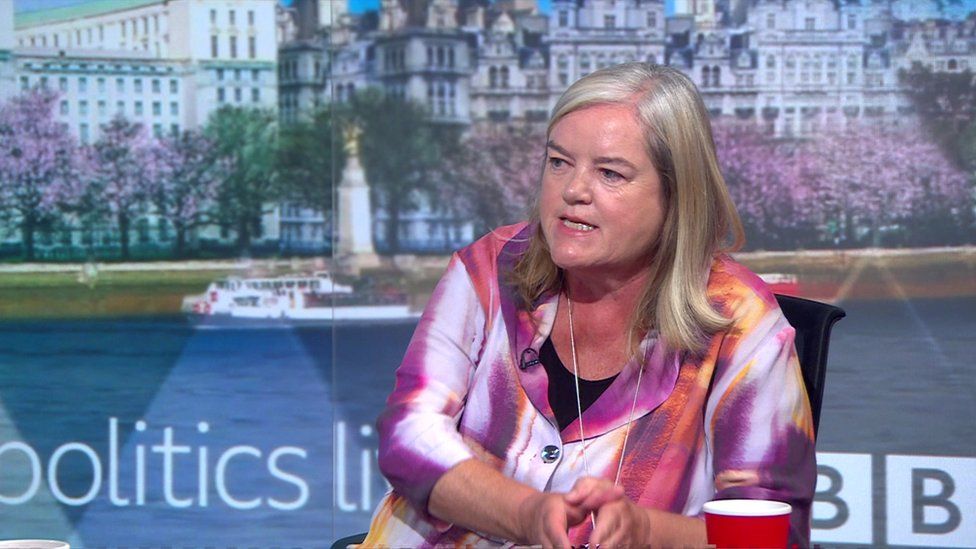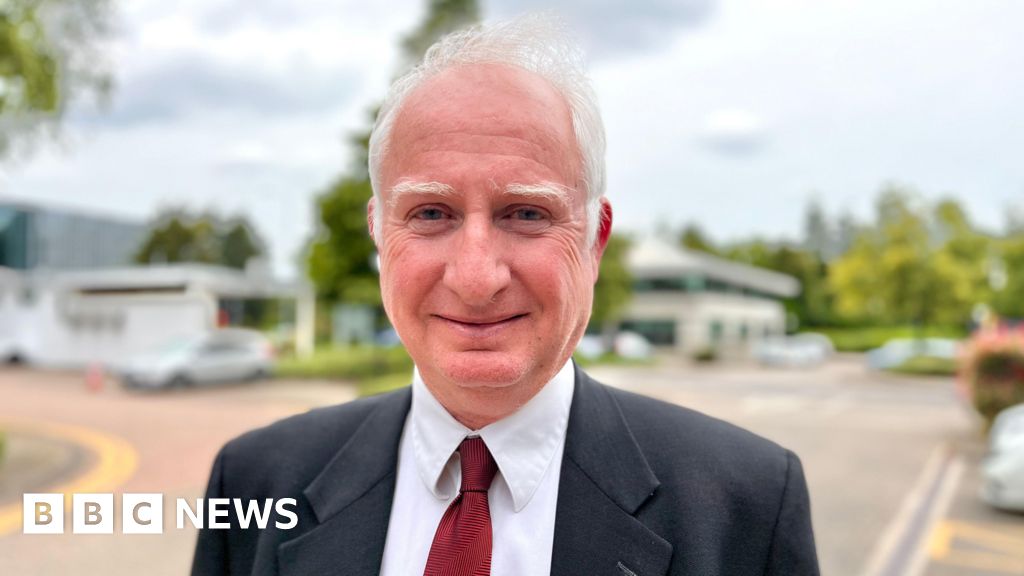ARTICLE AD BOX

By Kate Whannel
Political reporter, BBC News
A former government adviser has attacked efforts to tackle abuses of power in Westminster as "incoherent".
Baroness Louise Casey, who conducted a a damning review of Met Police culture, said a similar inquiry might be needed to address problems in Parliament.
A proposed rule change could see politicians accused of violent or sexual offences barred from Parliament.
However, Baroness Casey described the plans as "a half-cocked attempt" to deal with the problem.
Next week, MPs are expected to get a vote on whether to set up a panel which would have powers to bar MPs or peers deemed to pose a risk - even in cases where the police have not charged them.
Speaking to the BBC's Politics Live programme, Baroness Casey expressed frustration that the plan would set up "yet another panel".
She said complaints about politicians' behaviour were currently managed by political parties, whips in Parliament, and an independent complaints system.
"The whole things feels a little bit unmanaged and incoherent," the crossbench peer said.
Asked if an external review was needed, Baroness Casey said: "My worry, partly because Westminster operates in a goldfish bowl, is that it's incredibly defensive to actually letting people come in and have a good root round and look at it, which is probably what it needs to get all this stuff out and sorted."
Baroness Casey is a former civil servant who, before carrying out the recent Met Police review, advised the government on subjects including homelessness and rough-sleeping
The debate about fixing behaviour in Westminster comes after months of fresh allegations of sexual misconduct against a number of MPs.
'Loneliest place in the world?'
Also appearing on Politics Live, Labour's Lloyd Russell-Moyle said he supported the idea of an external review.
He said the current process involved "too many different bodies" and called for a "streamlined" approach.
However, he warned any system needed to be "fair" and take account of the fact that MPs could be victims of "politically motivated complaints".
Asked if Westminster was a safe place for women, Conservative Alicia Kearns said she had never found it unsafe, but added: "Is it a damaging environment? Yes. Is it loneliest place in the world? Quite possibly. That mix is quite dangerous."
Risk assessment
The new proposals for Parliament have been developed by the House of Commons Commission, a body of senior MPs.
Under their plans, it is thought a risk assessment would be carried out once a politician was reported for a violent or sexual offence.
If it was found they posed a risk, the MP or peer could be barred from the Houses of Parliament.
At the moment, police can ban MPs or peers from the parliamentary estate as a bail condition after they have been arrested.
But party whips are not able to block someone from entering Parliament. Instead, they rely on the individual voluntarily staying away while an investigation is carried out.
If an MP is investigated by Parliament's Standards Committee, or the Independent Expert Panel (IEP) - the bodies set up to investigate bullying or harassment cases - they can face a suspension.

 1 year ago
17
1 year ago
17








 English (US)
English (US)